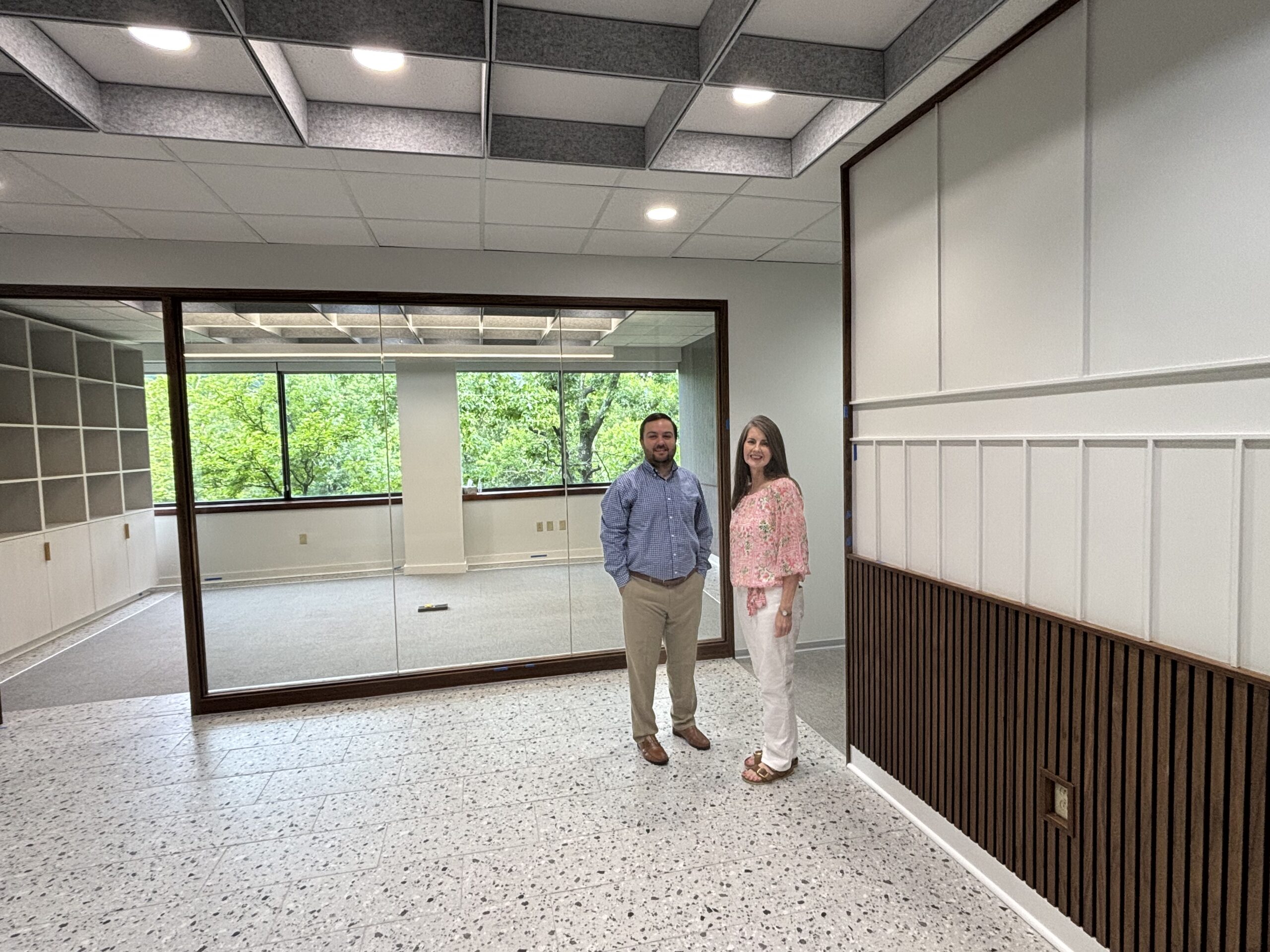Details Are Part of Our Difference
David Booth on How to Choose an Advisor
20 Years. 20 Lessons. Still Taking the Long View.
Making the Short List: Citywire Highlights Our Research-Driven Approach
The Tax Law Changed. Our Approach Hasn’t.
Category: Values
Living Our Values: Reflections from Hill’s 2025 Summer Interns

At Hill, we strive to make our backstage values visible on the front stage. In other words, how we work is just as important as what we achieve. We aim to live our values daily so clearly that even our newest team members can recognize them in action, and our clients can see them, too.
As our 2025 summer interns wrap up their time with us, we asked each of them to reflect on their experience and share how they observed Hill’s culture at work.
Last month’s summer party was a great example of how Hill blends business with fun. Remote team members flew in, and I finally got to meet people I’d only seen on Zoom. Connecting in a relaxed, in-person setting made the team feel even more welcoming and real.
The event also marked Hill’s 20-year anniversary—an experience I feel lucky to have shared. Hearing stories from long-time team members gave me perspective on the firm’s journey and the values that built it. What stood out most was how intentionally Hill celebrates people and milestones. It’s clear that fun and community are a meaningful part of how the team stays connected and motivated.
My time at Hill deepened my understanding of evidence-based investing in ways I didn’t expect. From the beginning, I was given meaningful work and encouraged to understand the “why” behind it. I was introduced early on to the Fama-French Five-Factor Model, which helped me connect ideas like profitability and market cap to Hill’s investment philosophy.
That first project sparked curiosity, and I kept exploring. Team members offered resources, asked great questions, and created space for learning. Their support made it clear that growth is a shared value here.
A standout moment for me was building a model for trades. It was more complex than I anticipated, and I went through several rounds of refinement. It would have been easy to rush, but I reminded myself that precision matters more than speed.
With help from the team, I asked questions, improved steadily, and ultimately built something I was proud of—not just for the outcome, but for how I got there. I saw firsthand how patience and discipline are part of Hill’s daily rhythm.
Signal vs. Noise: The Lakers, the Stock Market, and the Power of Clear Thinking

Welcome to the age of the “finfluencer.” While some have genuine experience, many are focused on views, and not your best interest. At Hill Investment Group, we believe that real advice should be simple, clear, and grounded in evidence, not hype. That’s why we’re launching a new series to unpack misleading ideas that circulate online or in print.
Our goal? To inform, not entertain. To offer substance, not speculation.
Heard something at work, at golf, or on social media that has you asking, “Should I be paying attention to this?” Feel free to share it with us. We’d love to help unpack it. Submissions will remain confidential unless we get your permission to share anonymously. Send to: zenz@hillinvestmentgroup.com
Please note: Submissions are reviewed for educational purposes only and do not constitute personalized investment advice.
A prominent advisor at a national wealth management firm recently posted a popular headline online:
“What could possibly have performed better than buying the Lakers for $67.5 million in 1979 and selling them for $10 billion today?
Answer: The stock market.”
The post argued that simply investing in the S&P 500 would have outperformed the sale of the Lakers by an estimated $3.7 billion.
It’s catchy. And it seems to reinforce a message we strongly believe in: that long-term, diversified investing often outperforms more exciting-sounding alternatives.
But there’s a problem: the comparison isn’t accurate.
The claim uses the total return of the S&P 500 (which includes both price appreciation and reinvested dividends) but compares it to only the price appreciation of the Lakers. That’s not an apples-to-apples comparison.
To make a fair comparison, we’d need to include decades of Lakers’ profits, as well as proceeds from the sale of other assets tied to the original deal, like the L.A. Kings, The Forum, and other valuable land holdings. A more appropriate benchmark for the S&P 500 would be its price return alone, which would have resulted in a significantly smaller figure than the Lakers’ current estimated value.
It’s like evaluating a stock without considering the dividends. As evidence-based investors, we know how important it is to look at the full picture.
Why Total Return Matters
At Hill, we focus on total return—not just income or price growth—because it reflects the complete investment outcome. Ignoring part of the return can lead to faulty comparisons and poor financial decisions.
So let’s not lose sight of the broader point: Owning a low-cost, globally diversified portfolio has been one of the most accessible and consistent wealth-building tools for long-term investors. Unlike a professional sports team, which typically requires billions in capital, an evidence-based portfolio is available to nearly anyone with savings and discipline.
Yes, buying the Lakers was a great investment for Jerry Buss.
But for the rest of us? Trusting markets, managing costs, and sticking to a thoughtful plan…that’s a powerful approach, too.
This example is for illustrative purposes only and does not reflect the performance of any specific investment or portfolio. Index performance is not indicative of any particular investment. It is not possible to invest directly in an index. Past performance does not guarantee future results.
Big Changes Coming to Our Nashville Office

The wait is almost over!
Our newly remodeled Nashville office is nearly ready and we couldn’t be more excited to share it with you.
We designed the space to reflect what matters most to us: clarity, transparency, and simplicity. It’s also welcoming, professional, and soon to be full of Nashville charm. We can’t wait for you to experience the refreshed space. It’s built to inspire collaboration and connection.
Hill Team members Nick Ashby and Sherrie Dickson are especially excited to settle back in. With more natural light, open layouts, and beautiful views of the hills, it’s a space that truly embodies our commitment to Taking the Long View, something we know you value, too.
We look forward to welcoming you soon!

